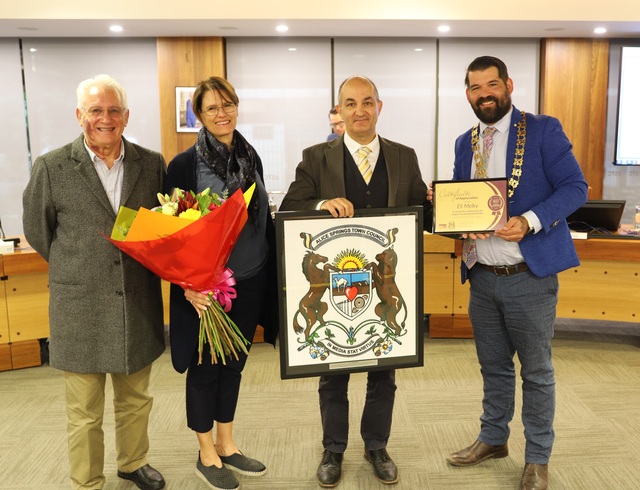The City of Melbourne has adopted triple bottom line reporting to guide all its decision making and ensure Melbourne is a thriving and sustainable city. Triple bottom line accountability means Council not only takes into account the economic factors of its endeavours but takes responsibility for social and environmental improvements.
“As a leader in Local Government, this Council has made sustainability the key objective in our strategic planning and we must ensure our decision making and reporting techniques offer a high level of transparency,’’ said Chief Executive Officer, Michael Malouf.
Triple bottom line accountability includes the following.
- Social equity – making decisions that lead to greater physical, cultural and financial access and equity in services and justice. Strengthening cultural heritage and the bonds between people and increasing their willingness and ability to become involved in community life.
- Environmental quality – not using more resources than required to deliver activities and services. Improving the overall amenity, including physical amenity, of a city while reducing the effect on natural assets. Practical steps include using energy from renewable resources, maximising resource and infrastructure use and minimising pollution and waste.
- Economic prosperity – promoting development of jobs, business prosperity and market growth in a sustainable manner.
Michael Malouf launched Council’s Triple Bottom Line (TBL) Toolkit for Australian Local Governments in May 2002 as part of its commitment to actively promote the development and implementation of socially and environmentally progressive policies.
The TBL Toolkit, which received a commendation in the 2002 National Awards for Local Government, is available in hard copy or on line at www.melbourne.vic.gov.au. It provides a starting point for Local Government authorities wanting to achieve more sustainable outcomes for their municipalities and organisations and includes a set of checklists, guidelines, templates and case studies to help them apply TBL principles to decision making and reporting processes. Tools include a sustainability assessment for Council reports; a capital works sustainability statement as well as a corporate planning case study. The City of Melbourne has distributed more than 600 hard copies of the TBL Toolkit and made presentations in Adelaide, Brisbane, Melbourne, Bali and Shanghai, China.







